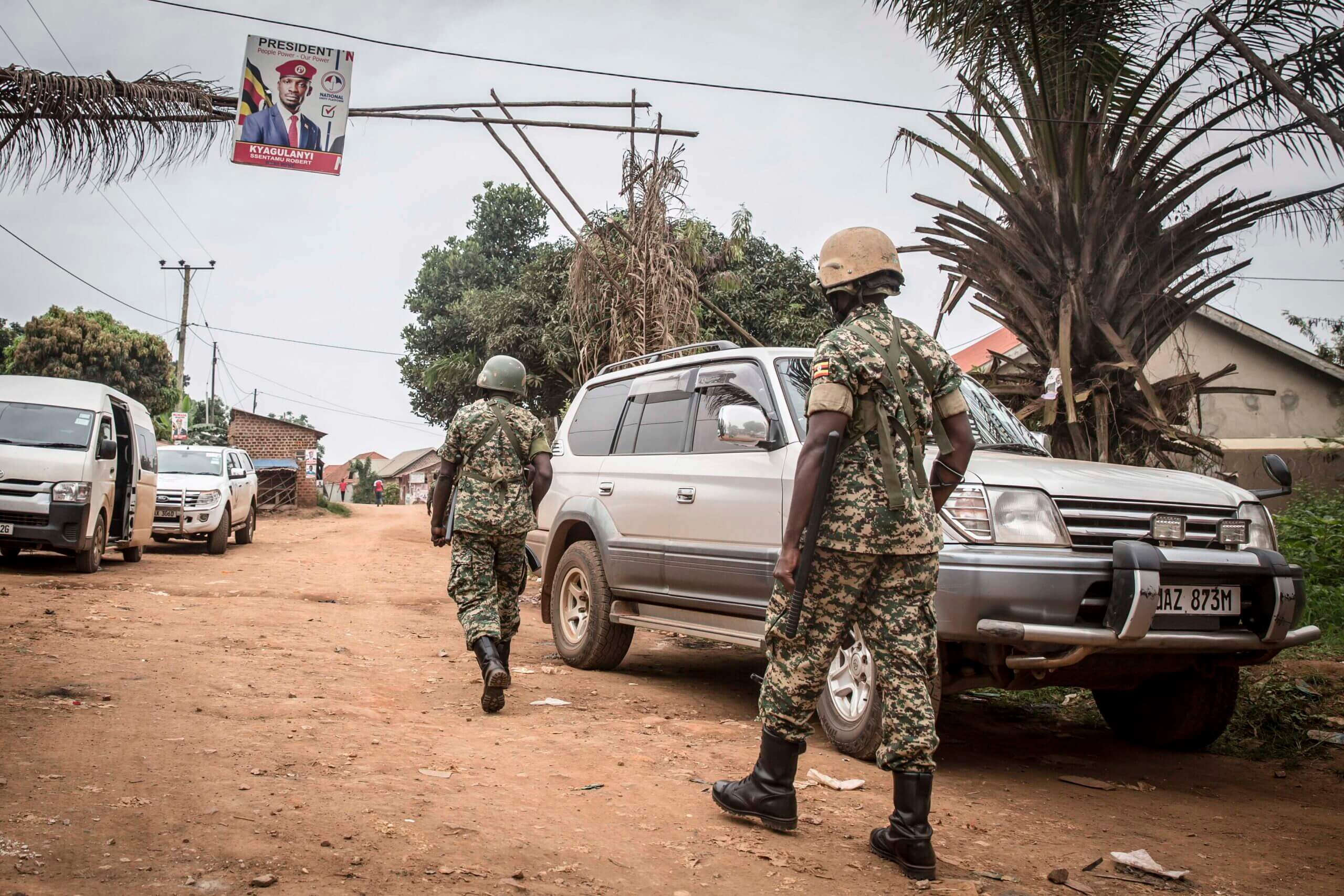
Uganda: Human Rights Watch Calls for Investigation of Missing Citizens
Human Rights Watch has called on Uganda to investigate cases of enforced disappearances, determine the whereabouts and status of the victims, release those arbitrarily detained, and prosecute those found responsible.
In a statement issued, the rights body said the government should take steps to end the abductions of citizens by suspected state agents, and cease the detention, without trial, of opposition supporters.
Since sporadic protests broke out around the country last November, following the arrest of then opposition presidential candidate Robert Kyagulanyi alias Bobi Wine, suspected security agents have been arresting his supporters and activists said to have organised and participated in the unrest.
Some victims have resurfaced with physical evidence of torture. Others are fighting for their lives in hospitals, with tales of torture including electrocution and solitary confinement.
Initially security agencies denied responsibility, but, as public pressure mounted, Internal Affairs Minister Jeje Odongo last week presented a list to parliament of 177 people in military detention. He said they had been arrested between November 18, 2020, and February 8, 2021, allegedly for participating in riots, possession of military stores, and holding meetings planning post-election violence.
Part of this group has been put on trial in a military court.
The list was provided by the army following an order from President Yoweri Museveni because they wanted proof of life, and to know where the people on the list actually were.
However, local media has been running stories of relatives who claim their people are missing from the government list.
The opposition National Unity Platform, headed by Bobi Wine, has published a list of 423 people missing.
In a public letter on March 8, President Museveni said that 51 people are being held by the Special Forces Command, a unit of the Ugandan army, for “treasonable acts of elements of the opposition”.
“The arrests, termed ‘disappearances’ by some, came as a consequence of the myopic plans by the enemies of Uganda that started some years ago. The Opposition and their foreign backers thought that their schemes of hijacking the destiny of the people of Uganda by installing a quisling regime in Uganda, was now water-tight,” President Museveni wrote.
The Ugandan constitution requires authorities to produce anyone accused of a crime in court within 48 hours and to ensure the detainees’ right of access to a lawyer, and their family and to receive any needed medical attention.
“The recent spate of enforced disappearances has only compounded the intense climate of fear in Uganda following the recent violent national elections,” said Oryem Nyeko, Africa researcher at HRW. “The authorities should urgently investigate these disappearances and other abuses and hold those responsible, including members of security forces, to account.”

